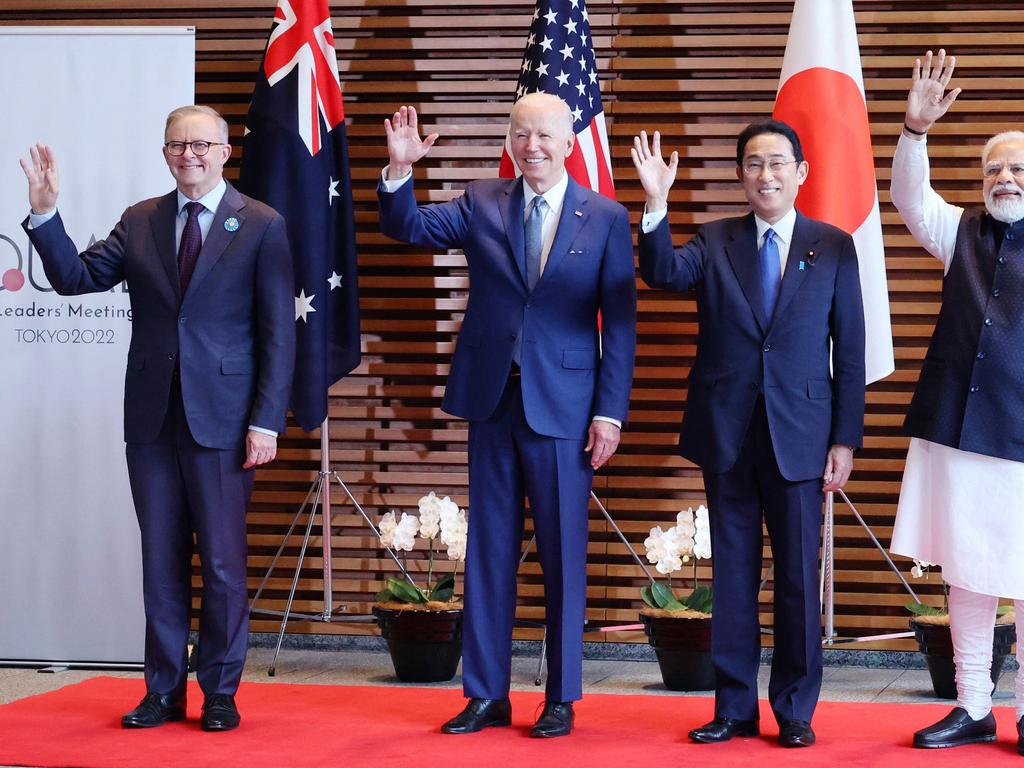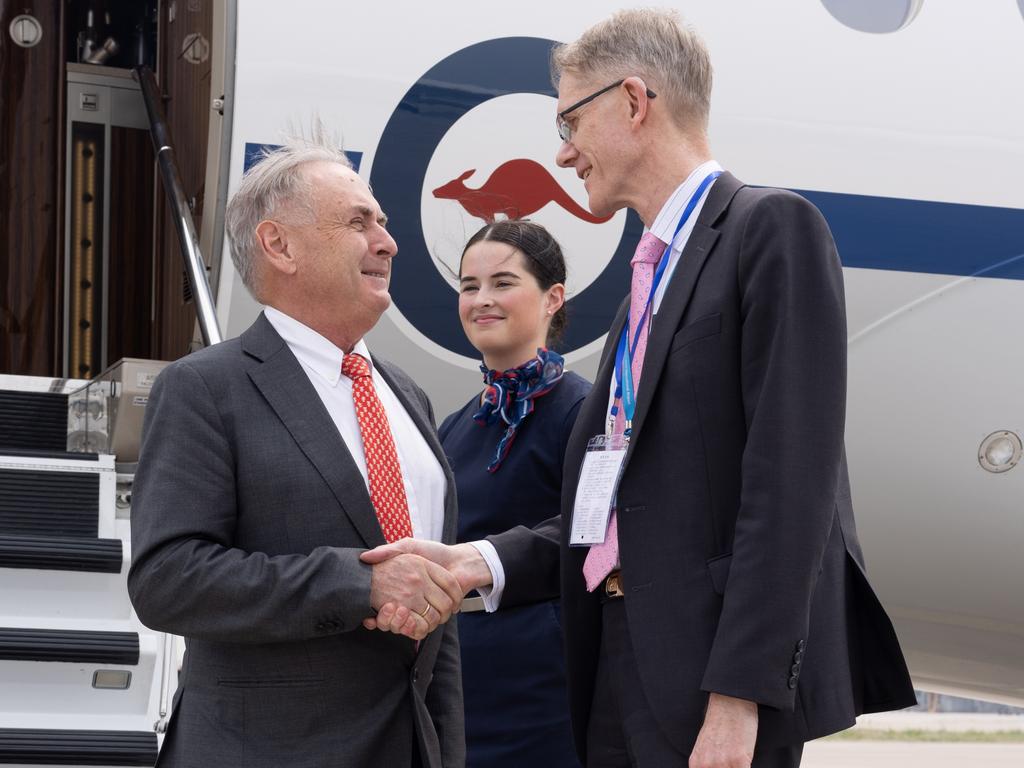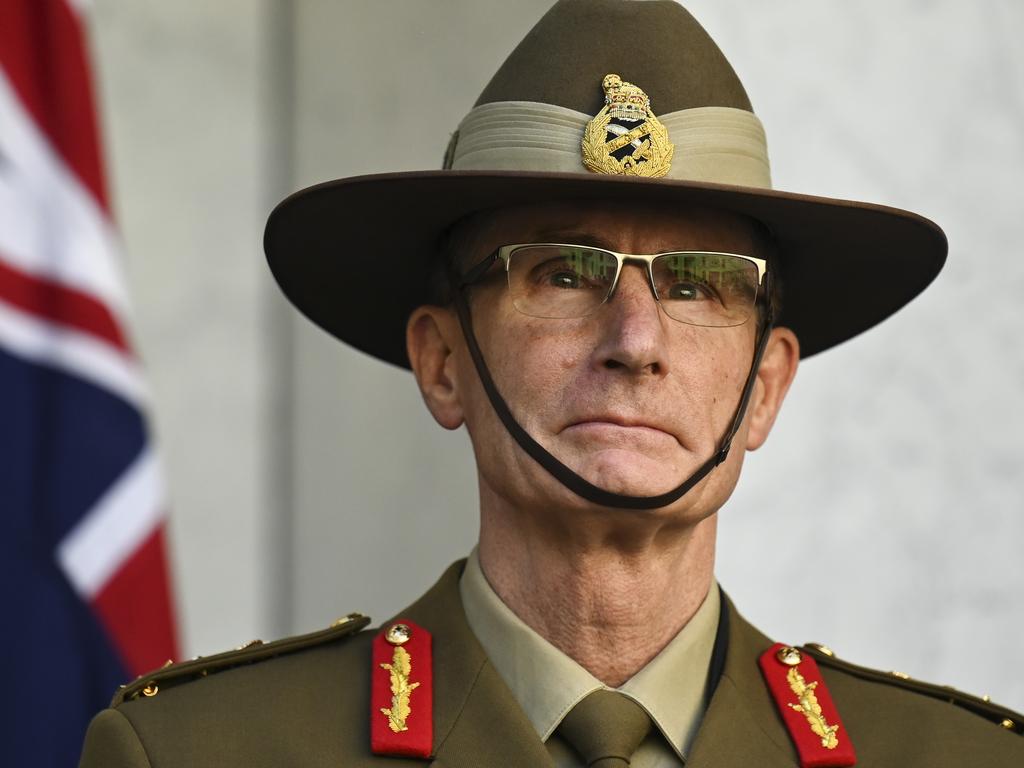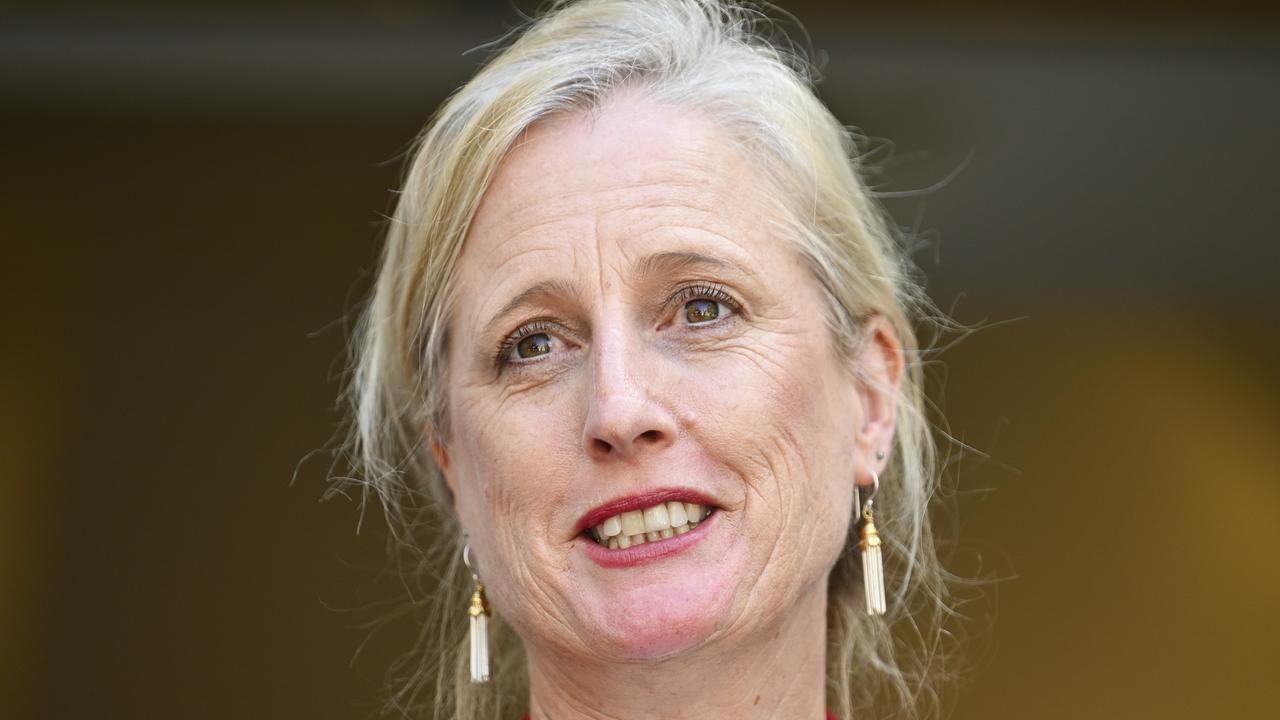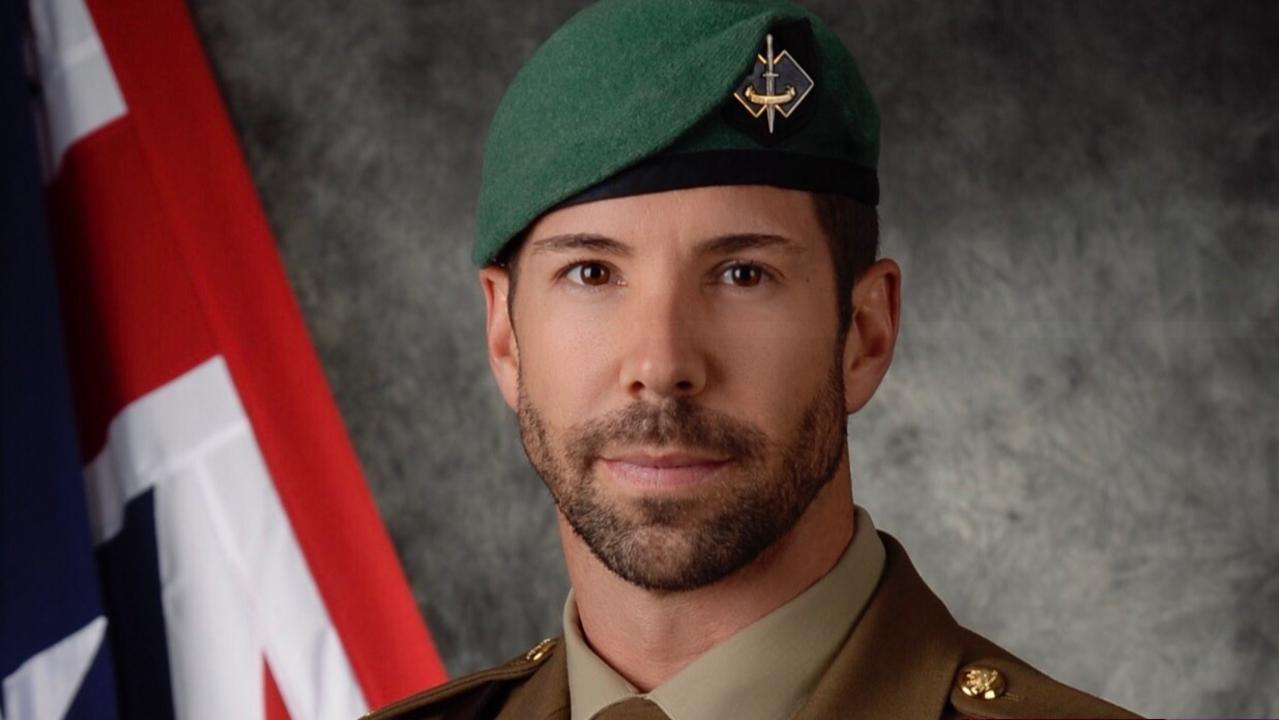Strife on ‘top secrets’ parliamentary committee after split
The bipartisan parliamentary joint committee on intelligence and security has split for the first time in 17 years.
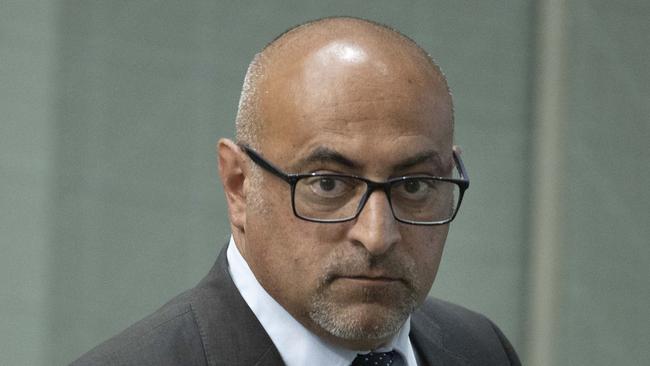
The bipartisan parliamentary joint committee on intelligence and security has split for the first time in 17 years, with the opposition issuing a rare dissenting report objecting to reforms they say would allow the government to stack the committee with Labor members and crossbenchers.
The government quietly tabled a PJCIS report out of session about 4pm on Friday, in which the six government and five opposition members backed 10 recommendations tidying up laws that govern some of the activities of ASIO.
But a further recommendation the government added to overhaul membership of the committee, increasing it from 11 to 13, and changing Senate and House of Representatives quotas, led to a rare split in parliament’s most important committee.
The dispute has been simmering since the Albanese government was elected in May last year, when it took months for the committee membership to be finalised.
Under current conventions, the prime minister and opposition leader agree on the membership of the committee, which has essentially kept it contained to the two parties of government – Labor and the Coalition – for decades.
The opposition says the changes have been proposed because the government is seeking to do a deal with the crossbench, and could allow the government to stack the committee with up to nine members.
Labor denies this and says it wants to reform the committee to bring on extra members to handle the committee’s burgeoning workload, and to allow greater flexibility in choosing committee members. It noted that the Prime Minister already had the power to appoint a crossbencher.

Labor and Liberal MPs said there were unconfirmed rumours that independent Andrew Wilkie, who sat on the committee under the Gillard Labor minority government from 2010-13, was being considered as a potential committee member. Mr Wilkie, a former analyst with the Office of National Assessments, who quit over concerns about intelligence failings surrounding the Iraq war and went on to join parliament, declined to comment.
The PJCIS oversees Australia’s most controversial and important legislation. While committee disagreements occur, it almost always reaches bipartisan agreement on how to improve laws or oversights. Recommendations are generally accepted by parliament.
The committee’s chairman, Labor MP Peter Khalil, said the Prime Minister already had the power to appoint MPs who were not in the major parties, and the changes were being made to address workload issues and to make it easier to get the right balance of senators and House members on the committee. He said the report was disappointing. “I would hope the bipartisanship of the committee would continue rather than being politicised in this way,’’ Mr Khalil said. “The Coalition are playing politics with Australia’s national security whilst the Albanese government is focused on keeping Australians safe.”
The committee’s deputy chairman, Coalition MP Andrew Wallace, said the government had “tacked on’’ the recommendation relating to committee membership, which could allow up to two crossbench members to join the committee in what he described as a “grubby back room political deal between the government and members of the crossbench’’.
“The opposition is concerned that the proposed changes are a result of internal politics within the government and on the evidence of the Attorney-General’s Department, the proposed amendments were not recommended by any stakeholder,” Mr Wallace said. “Our national security should not be used as a reward for political gamesmanship by either the Attorney-General or the Prime Minister.”
The last PJCIS dissenting report was submitted by senator John Faulkner in 2006, when Labor objected to the listing of the PKK as a proscribed terrorist organisation.
In the committee’s report, the opposition members – Mr Wallace, James Paterson, Simon Birmingham, Andrew Hastie and Karen Andrews – expressed “considerable regret’’ about the need for a dissenting report.
The dissenting report referred to evidence given by ASIO director-general Mike Burgess, who was asked by the committee in April about the risk of classified material being leaked if the committee increased its membership. “‘Need to know’ is a sound principle. And yes, the more people know something, the risk increases,’’ it quoted Mr Burgess as saying.


